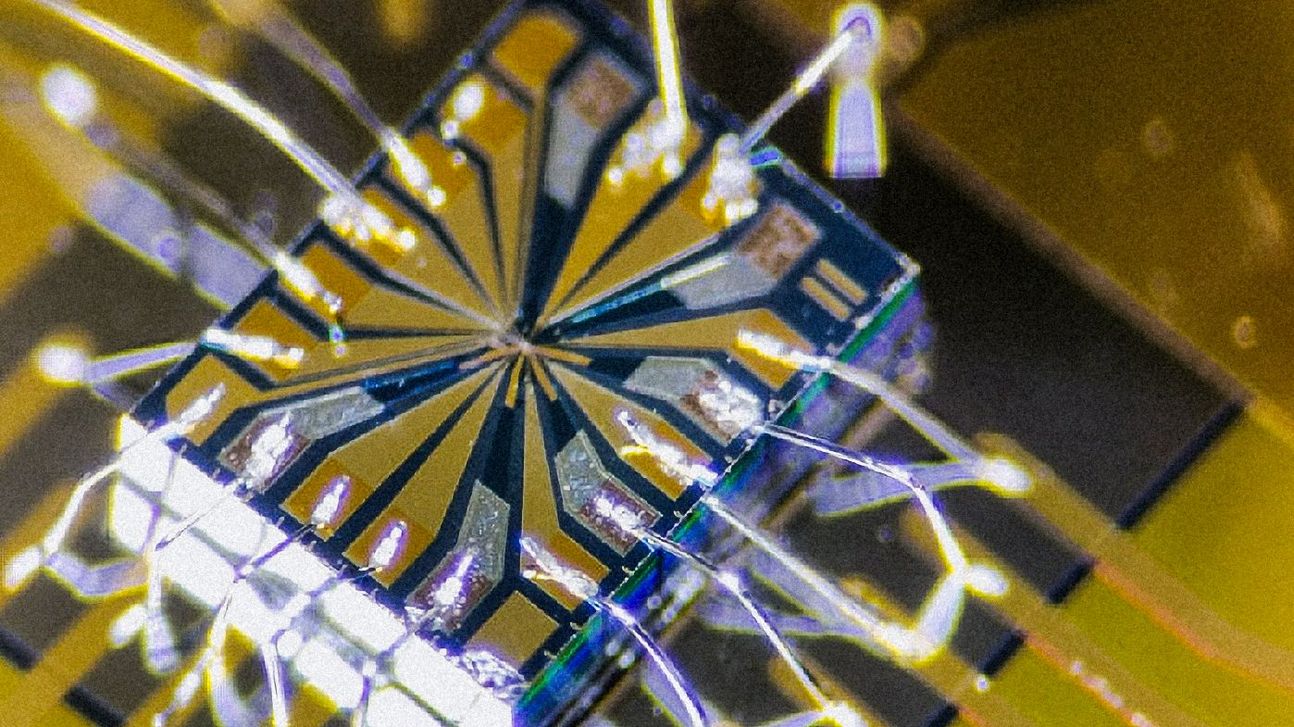The great progress, over the past decades, in the experimental control of quantum states, has put computing with quantum bits (qubits) into reach. Quantum computing uses the quantum mechanical concepts of the superposition of states and of entanglement of particles, making it fundamentally differ from today's computing with "classical" bits. To build powerful and hence useful quantum computers, it is now the time to integrate electronic qubit circuits in large numbers. At the same time, it is foreseeable that interconnections of different types of qubit circuits will be required, to benefit from their specific advantages. Ideally, these different types are integrated within a compact electronic chip.
The project "Quantum circuits with spin qubits and hybrid Josephson junctions" of the University of Regensburg addresses cornerstones of possible future quantum computers: qubit processors and interfaces to hybrid quantum technologies. One goal of this project, in which experiment and theory work closely together, is the demonstration of new electronic quantum processor concepts in semiconductors. Within the same material platform – germanium/silicon-germanium – both, semiconductor spin qubits, and novel types of superconducting qubits will be demonstrated. As a third quantum circuit, superconducting readout electronics for qubits will be developed. These three types of electronic quantum circuits can then be combined on a chip in this single material platform, to build hybrid chips. A further advantage of the concepts developed in this project, is that the realization of the quantum circuits is based on the nanotechnological processes used by the chip industry. Such circuits thus present the potential to be manufactured highly miniaturized and highly integrated on an industrial scale, like current chips: a prerequisite for the construction of future quantum computers.
